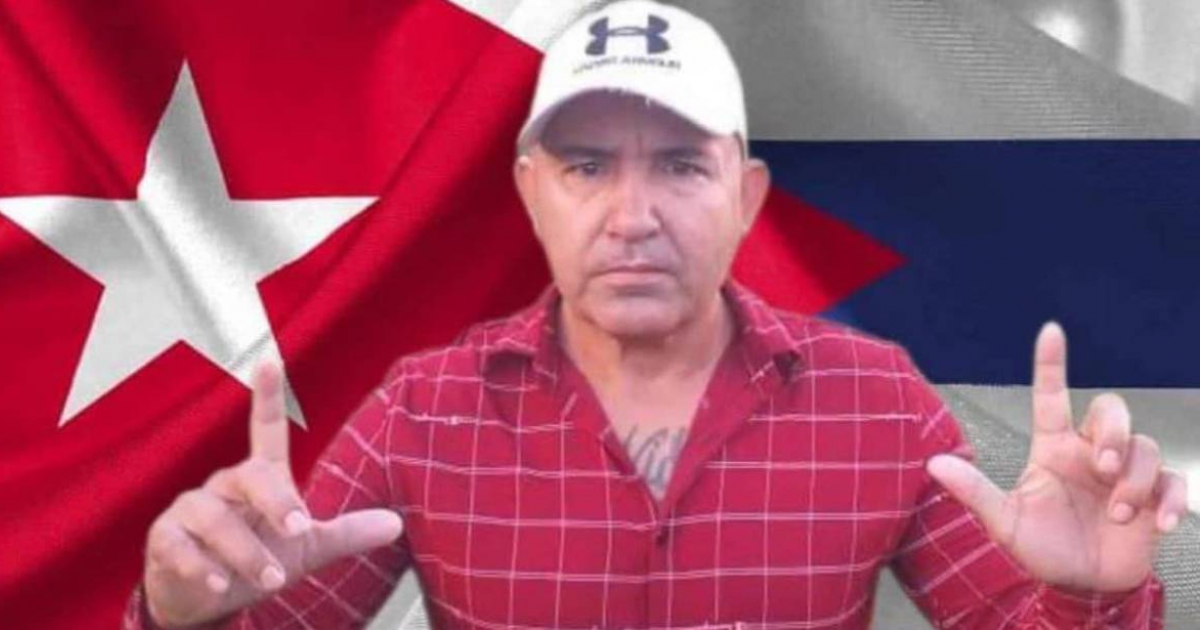
Laurdel Camacho Ricardo, a former political prisoner who served 22 years in prison in Cuba for opposing the dictatorship, now faces the risk of being deported after arriving in the United States by raft.
Journalist Javier Diaz He noted that Camacho (54 years old) made landfall on March 18 in Marathon, Florida, along with a group of Cubans, some of whom have already been released while he remains detained.
Lazaro Benitez, another former political prisoner who was detained in an immigration center in Broward and coincided with Camacho, said that his friend faces a risk of deportation and urgently needs legal representation.
In the opinion of Benítez, who spent 28 years in prison in Cuba, US authorities have detained Camacho because he does not have a family in the United States. This aspect classifies it as a "flight risk case."
US immigration policy towards Cuban rafters has tightened noticeably. The US government insists that entry by sea is illegal and will not be admitted.
The Coast Guard and other authorities warn that Cubans and Haitians arriving along the country's coasts will be expelled, without option to the humanitarian parole program effective from January 2023.
In an interview with CyberCuba, the immigration lawyer Willy Allen He indicated that this rigor responds to a desire to avoid a mass exodus with arrivals by sea, which has had significant political repercussions in the past.
"The American Government does not want, in any way, people to think that a departure by sea will have any type of positive reception in the United States," Allen said.
He added that, unlike land border entries, where only 15% of immigrants are interviewed, "credible fear" interviews with rafters They are extremely rigorous and often result in deportations.
Camacho, for his part, remains detained, waiting for an opportunity to demonstrate the credible fear that would justify his application for political asylum in the United States.
Meanwhile, the community of former political prisoners in Miami seeks to support him to avoid his deportation to Cuba, where his life could be at risk.
What do you think?
COMMENTFiled in: